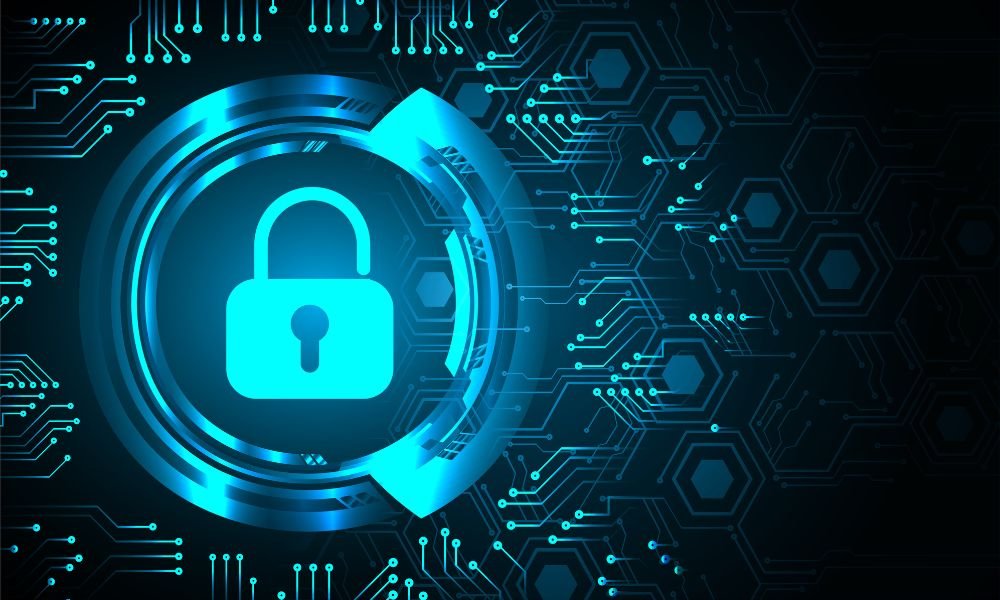Feeling secure in our homes and workplaces is a fundamental human need. Fortunately, technology is racing forward, offering innovative solutions to enhance safety and peace of mind. For homeowners and businesses alike, the security space has become a beacon of hope, providing us with advanced tools to protect what matters most.
In this post, we’ll explore the leading technologies in the security space that are key to staying safe, whether you’re a homeowner or a business leader.
The Evolution of Security Systems
Traditionally, security has referred to physical barriers and alarm systems. But as digital interconnectivity becomes the norm, security systems are increasingly incorporating gadgets that are not just protective but also intelligent. Smart-home systems and cloud-based monitoring actively respond to threats and learn from their environments. It’s also much easier to add or reposition wireless devices, adapting to the changing needs of a household or business.
The Rise of AI in Security
With so much at stake, most people no longer question why you need an access control system, but legacy human-centered interfaces have become outdated. People are harnessing AI’s ability to process and analyze data at a speed and scale far beyond their own to predict, prevent, and respond to security breaches. By analyzing patterns in data, they can identify potential weak points in security and take measures to fortify them. Facial recognition technology has made significant strides, enabling security systems to recognize and track individuals in real time.
Integrating IoT for a Unified Security Ecosystem
The Internet of Things (IoT) has opened new avenues for security integration. Through interconnected devices, a unified security ecosystem can provide a level of coordination that enhances overall effectiveness. By connecting these systems to the cloud, businesses can manage access privileges seamlessly, even when spread across multiple locations. IoT can also contribute to energy efficiency by integrating lighting and heating devices so that they function only when needed, reducing costs and the ecological footprint.
The Future of Security Technology
The security technologies we see today are just the beginning. As we push the boundaries of what’s possible, the future presents even more exciting possibilities for securing our spaces. With more devices coming online daily, the lines between security, automation, and convenience will continue to blur. In a world where climate shifts impact the frequency and intensity of natural disasters, our security systems must adapt to protect us from new and evolving challenges.
Creating a Safer World for Everyone
The quest for security is foundational, and the technologies we have at our disposal are more advanced than ever. By staying informed about the latest developments, we can ensure that we protect our homes and businesses with the highest standard while also upholding our commitments to privacy and ethics. The security space is dynamic and ever-changing, and understanding the leading technologies available is key to staying safe.
